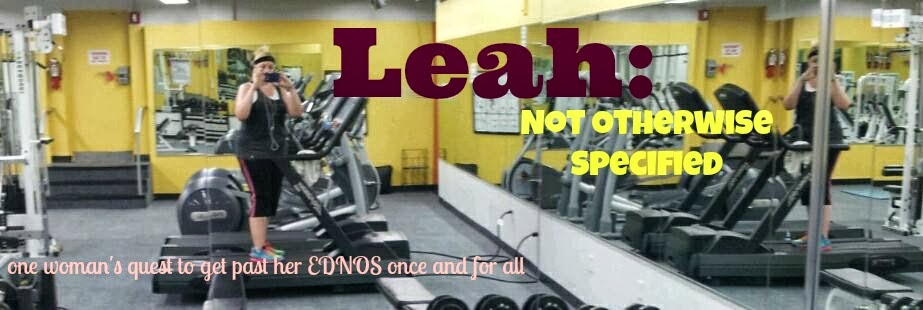There are many components to the human diet, and many nutritional requirements, including vitamins, minerals, fats, and others. The part of the vegan diet that is often assumed to be deficient is protein. Omnivores often assume that the only way to get protein is through meat, dairy, and eggs. This couldn’t be further from the truth; protein is found in many sources, including plant-based foods such as vegetables. Eating protein found in vegetables is a healthy way to consume protein because the vegetables also provide fiber and water, two more dietary essentials. What plant foods do contain is nearly as important as what they don’t contain: saturated and trans fats. This is a more superior way to eat protein than eating meat and dairy, which contain little to no fiber and water, but do contain saturated and trans fats (Rubin 66). Good examples of vegetable protein sources are beans, soy, soy products, and green leafy vegetables. Some people tend to shy away from beans and bean products because of bad experiences with problems with gas. If prepared properly and eaten in moderation, the gaseous effects of beans can be controlled. Beans contain protein as well as beneficial fiber, which is good for digestion (Silverstone 58). The meat doesn’t have any fiber and is not good for digestion. This is why eating large quantities of meat and dairy can cause constipation (Silverstone 17).
 |
| Stacey and me at Game 6 |
While it is true that there is more protein in meat than in beans and other vegetables, it is also true that humans don’t need nearly as much protein in their diets as has been promoted by the meat and dairy industries. The average adult only needs 0.36 grams of protein for every pound that they weigh (Mangels). This comes up to just 52.2 grams for a 145 pound woman, which is easily obtained from vegetable sources. Because meat is considered a “complete” protein, there is a myth that vegans (and vegetarians) must combine foods in seemingly complex ways in order to create a “complete” protein without meat. This myth comes from outdated nutrition information. It has now been proven that consuming a variety of plant-based proteins throughout any given day is an excellent way to get plenty of complete protein, and there is no need to combine certain foods together (Silverstone 59). There are many vegan foods that contain protein, including most vegetables, and that means that one can easily get in the recommended amount of protein without consuming any animal products, and without much effort.
 |
| My broken Gazelle right before I took it to the curb |
Another popular concern about vegan nutrition is whether or not it is possible to get an adequate amount of calcium without consuming any dairy. Calcium is very important for the human body. “Obtaining sufficient amounts of absorbable dietary calcium to optimize bone density and to protect against bone reabsorption [sic] is a protective measure to lower the risk of osteoporosis” (Weaver and Plawecki 1238S). There are many different sources of dietary calcium, and not all of them are dairy based. The calcium found in leafy vegetables and in soy is more easily absorbed by the bones than calcium from dairy (“Vegetarian Diets” 1). The reason for this is some proteins found in animal products have a high concentration of sulfur amino acids, “which can increase calcium loss in urine as urine becomes more acidic with excretion of sulfate and renal tubular re-absorption of calcium is decreased” (Weaver and Plawecki 1238S). In other words, more protein can lead to less calcium absorption. Vegetarians and vegans in general tend to eat less protein than meat and dairy consumers, simply because there is more protein in meat than there is in beans.
 |
| Little Debbie's and Vienna sausage = typical snack for Stacey Can you tell he is neither vegan nor a Weight Watcher? ;-) Love him. |
Calcium is not too difficult to get from natural, plant-based sources. Good plant sources of calcium include: tofu (that is calcium-set), roots and legumes/beans, green vegetables (especially leafy greens), and calcium fortified drinks (such as juices and soy milk). This “easy” approach to being a vegan who gets enough dietary calcium only applies to men and women who are past their stages of growth. For pregnant women, and for children, it is more challenging to get adequate calcium intakes without supplementation. However, there are plenty of good supplements out there to choose from, and there is no reason to believe that women cannot have healthy vegan pregnancies or that children cannot be healthy vegans. With proper nutrition, a vegan diet can provide adequate calcium intake at all stages of life (Weaver and Plawecki).
...to be continued! Up next: Vitamins, Minerals, and Fat

No comments:
Post a Comment